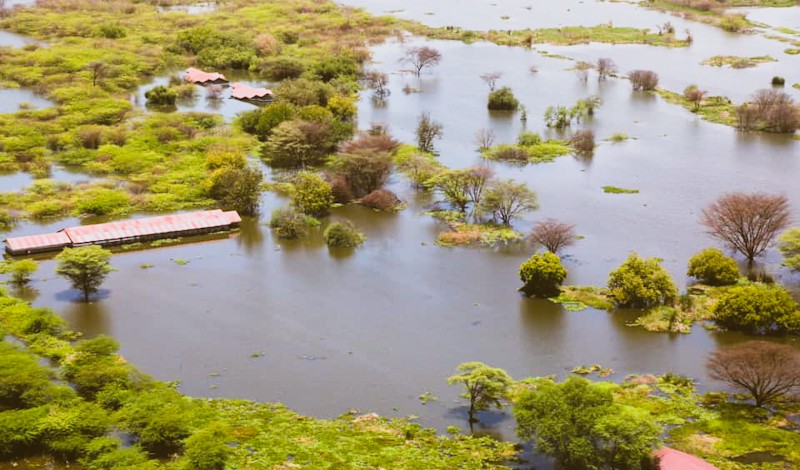Africa’s climate finance landscape has seen a significant uptick, with a 48% increase in flows to US$44 billion in 2021/22.
According to the “Landscape of Climate Finance in Africa 2024” report commissioned by FSD Africa and UK International Development, while this growth is encouraging, it still falls short of the estimated US$200 billion needed annually to transition to clean energy.
“The research reveals a significant climate finance gap that threatens Africa’s sustainable development trajectory, with only 23% of the estimated annual funding required to implement Africa’s Nationally Determined Contributions (NDCs) and meet 2030 climate goals being tracked.”
Public finance, particularly from multilateral development banks, remains the dominant source, accounting for 82% of total climate finance.
The private sector, though growing, still lags, contributing only 18% of the total. This highlights the need to mobilize domestic capital and create an enabling environment for private investment in climate-friendly projects.
Climate Finance Flows in Africa (USD billion, % of total flows)
| Category | 2019/20 | 2021/22 |
| FLOWS | 29.5 | 43.7 |
| PRIVATE FINANCE | 4.2 (14%) | 8 (18%) |
| Domestic | 2.1 (7%) | 3.2 (7%) |
| International | 1.6 (6%) | 3.3 (8%) |
| Unknown | 0.5 (2%) | 1.5 (3%) |
| PUBLIC FINANCE | 25.3 (86%) | 35.7 (82%) |
| Domestic | 1.6 (5%) | 1 (2%) |
| International | 23.5 (80%) | 34.7 (79%) |
| Unknown | 0.1 (0.5%) | 0.1 (0.2%) |
A key challenge is the uneven distribution of climate finance across African countries, with a few major economies receiving a disproportionate share. To address this, it’s crucial to strengthen regional and national financial institutions and promote equitable access to climate finance.
| SUBREGION | 2019/20 | 2021/22 |
| Eastern Africa | 9.5 (32%) | 12.6 (29%) |
| Western Africa | 7.1 (24%) | 10.9 (25%) |
| Northern Africa | 5.7 (19%) | 7.3 (17%) |
| Southern Africa | 2.2 (7%) | 3.9 (9%) |
| Central Africa | 1.8 (6%) | 3.5 (8%) |
| Unknown/Multiple Regions | 3.2 (11%) | 5.5 (13%) |
The report emphasizes the importance of climate adaptation, particularly in vulnerable regions. While adaptation finance has increased, it still needs to be scaled up to build resilience to climate change impacts.




